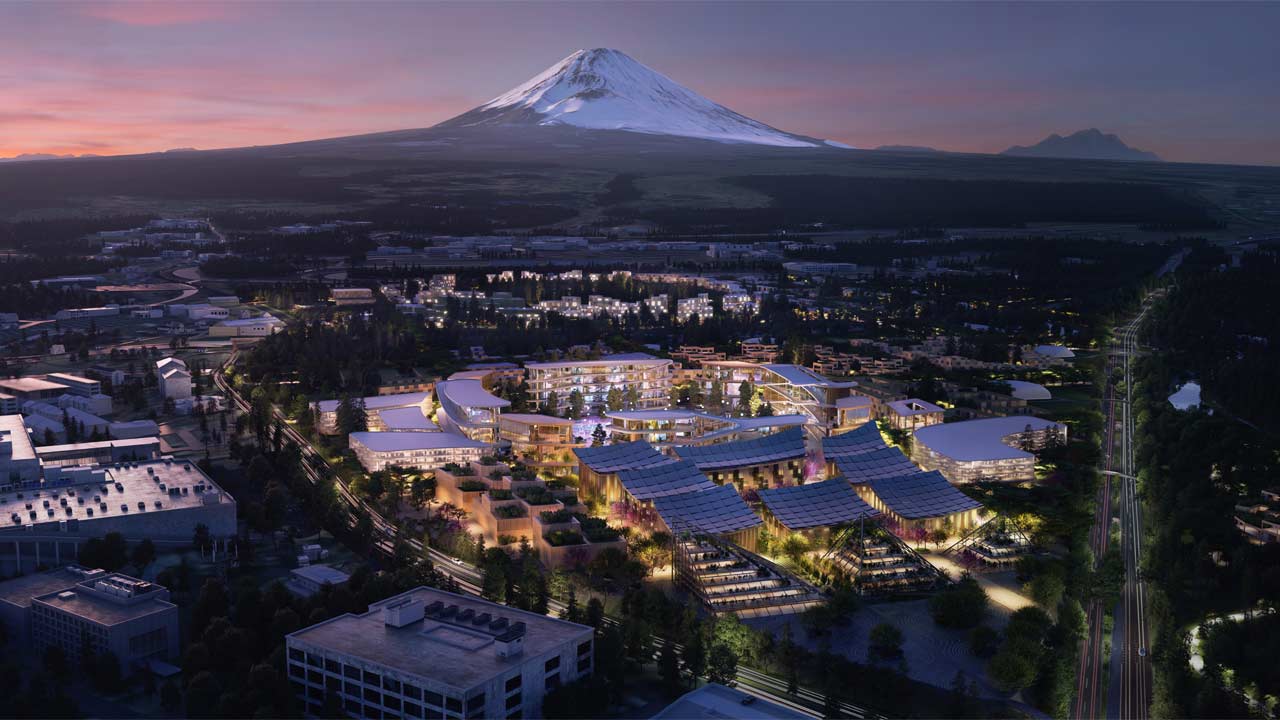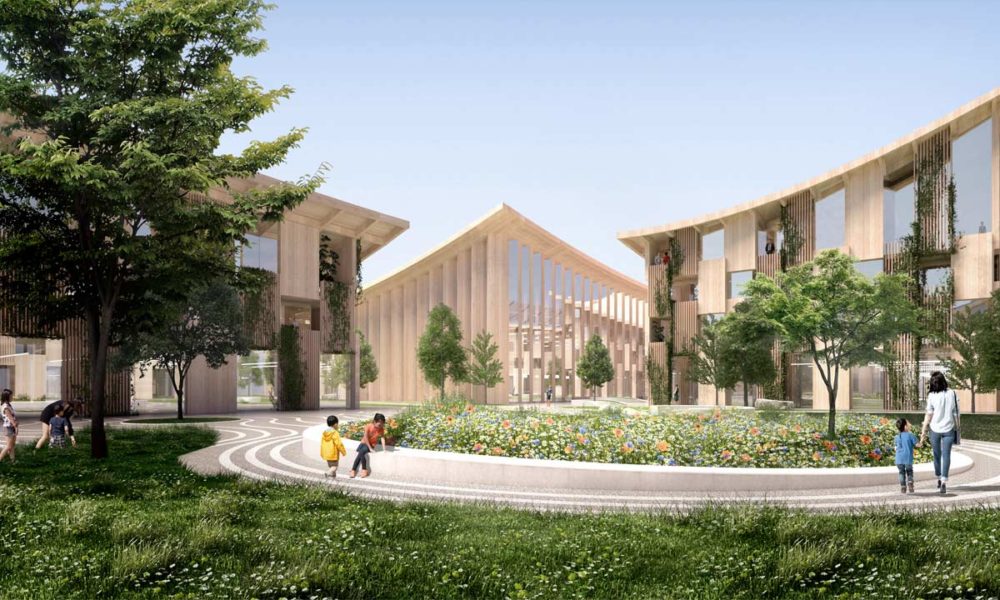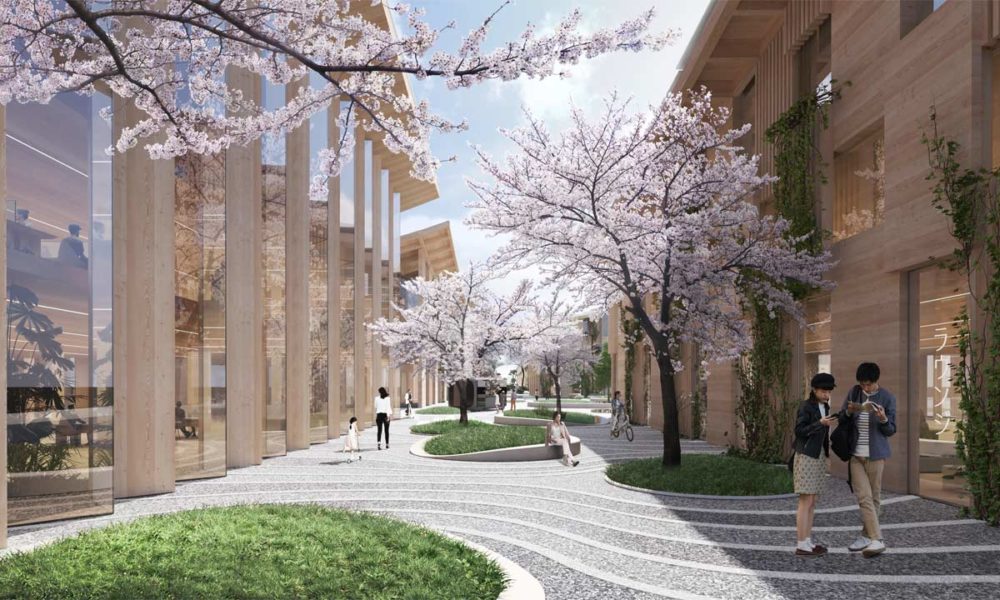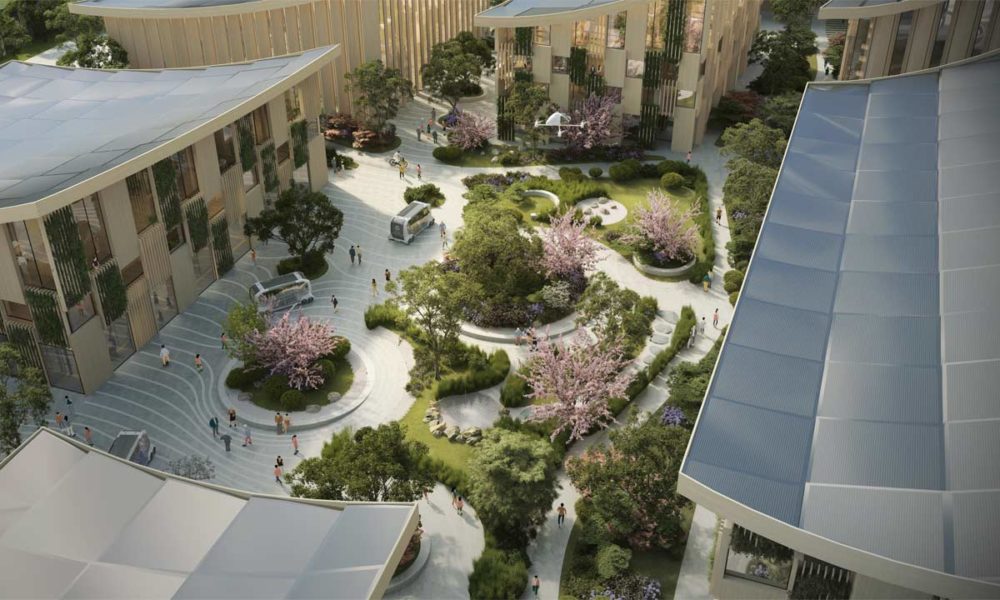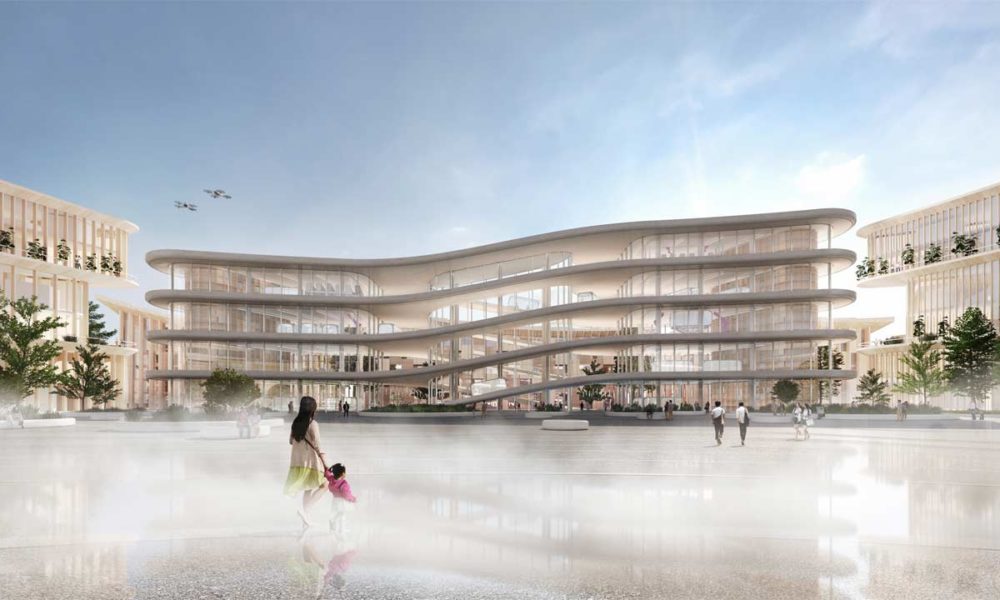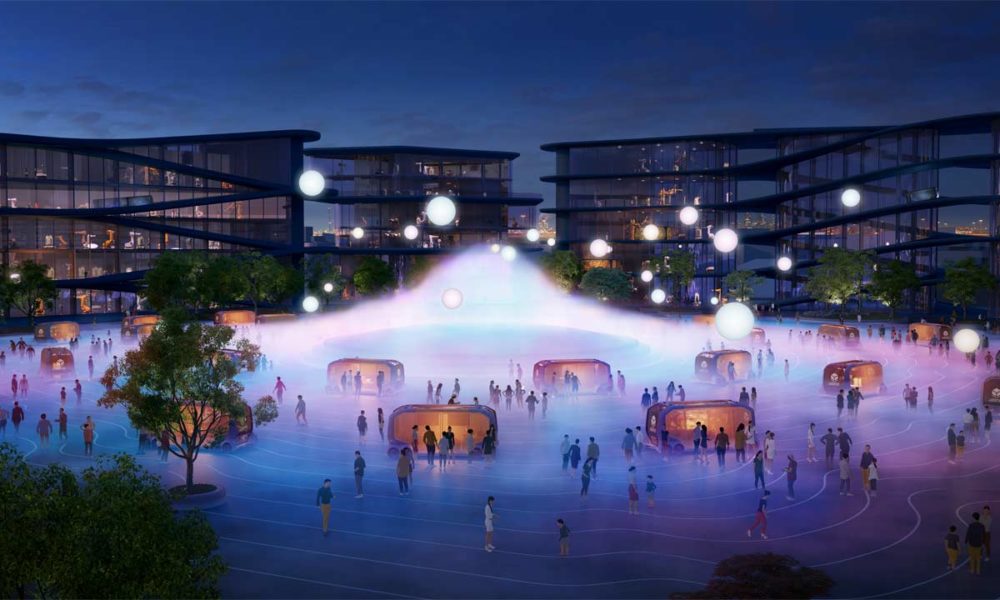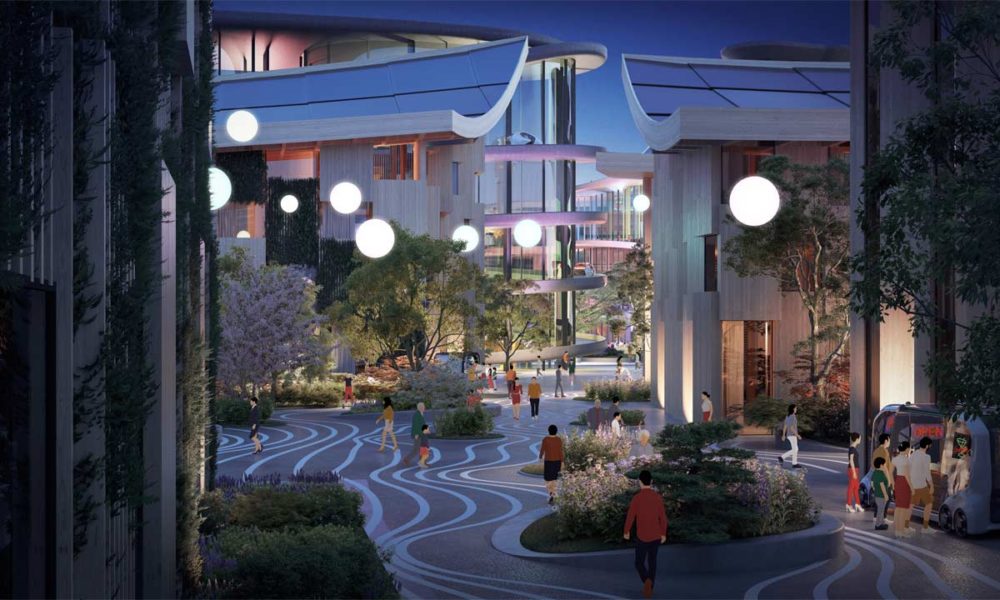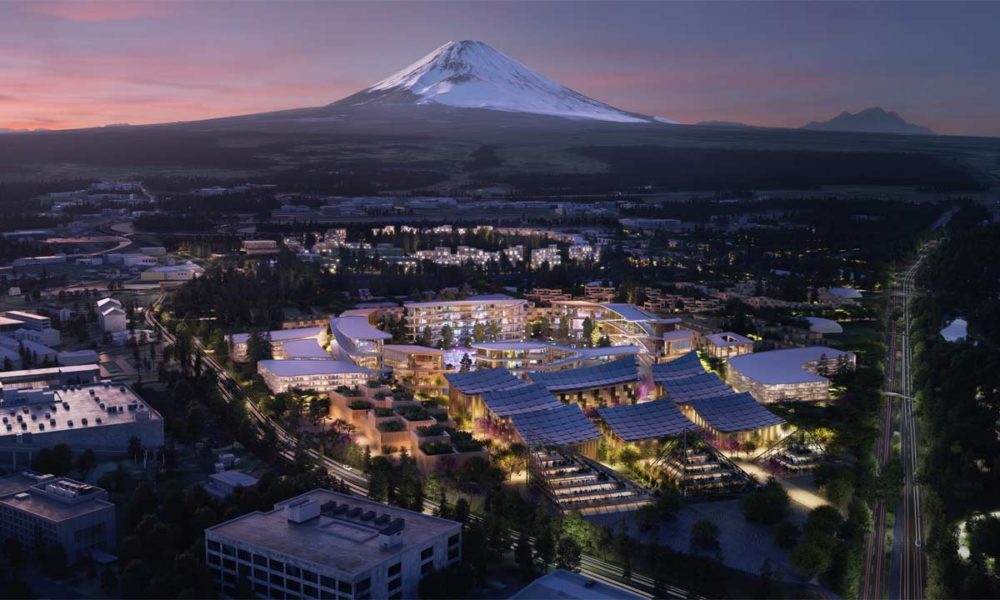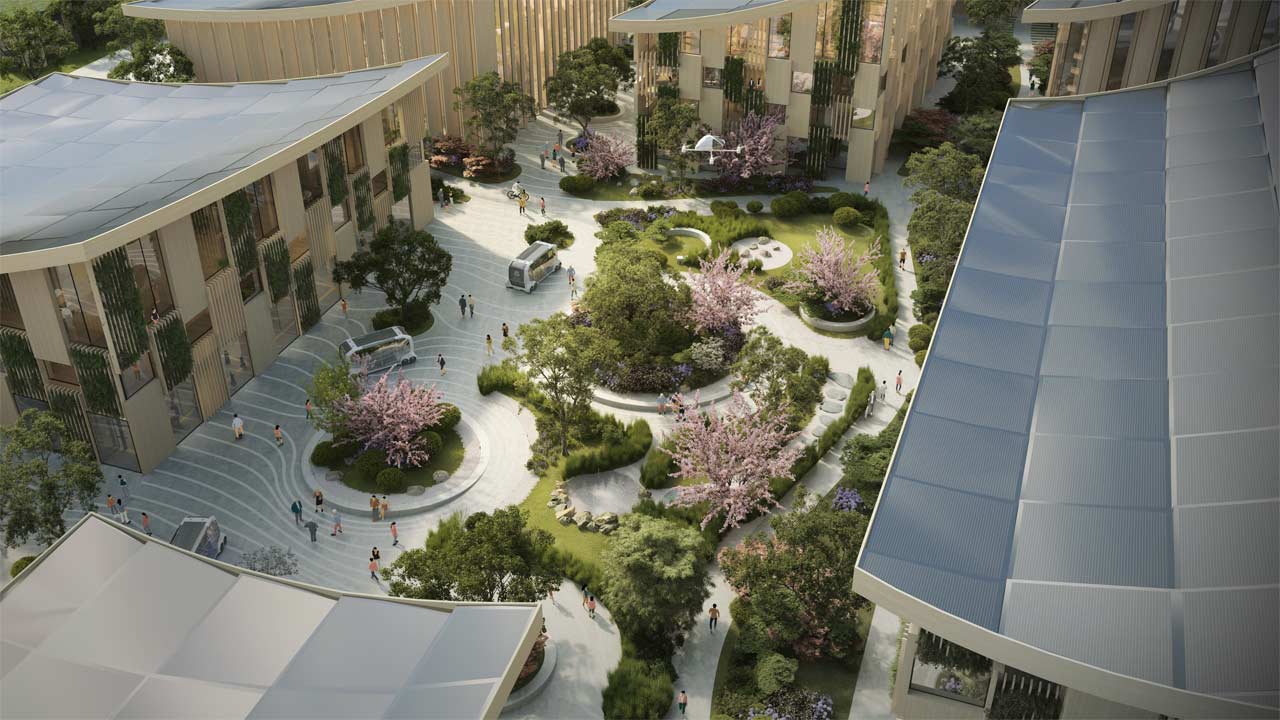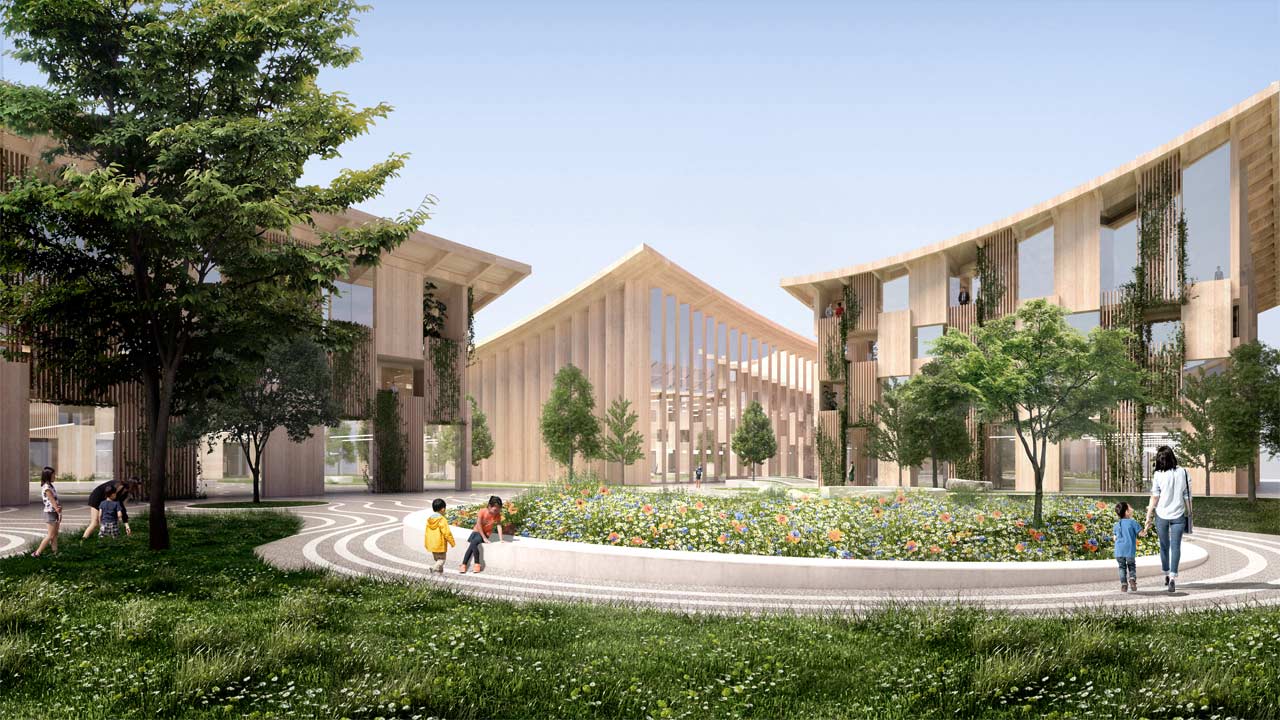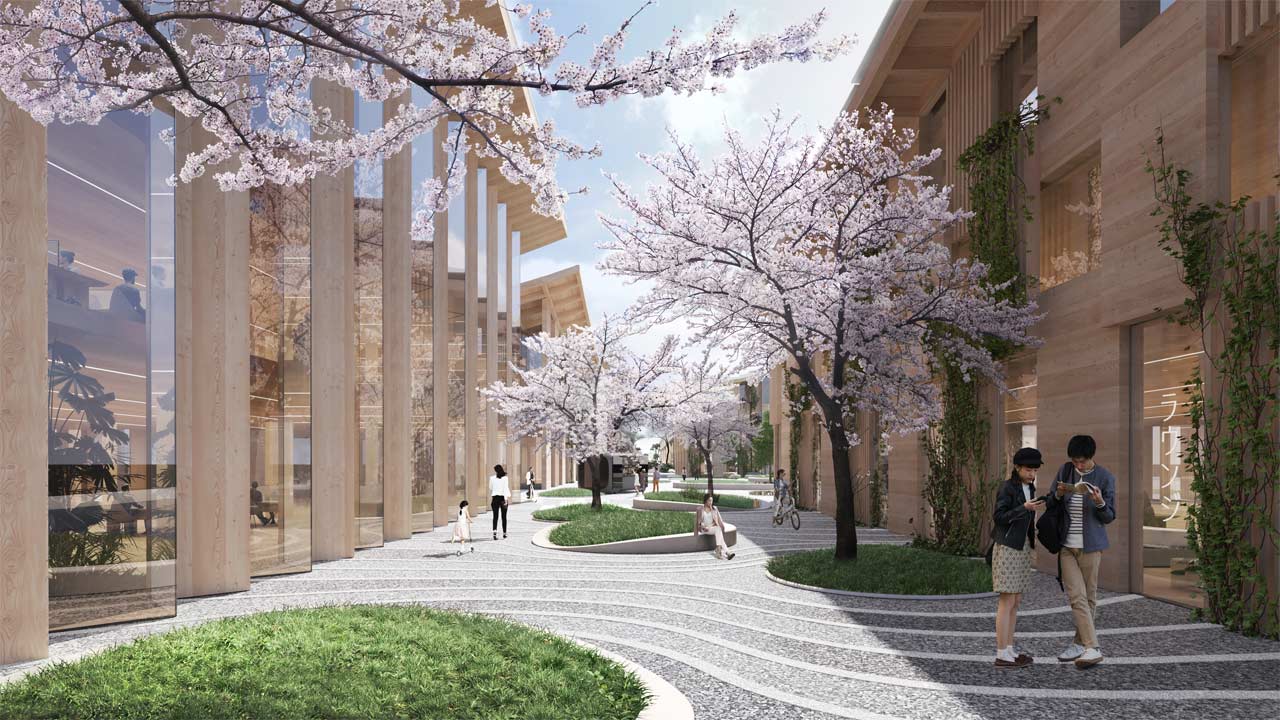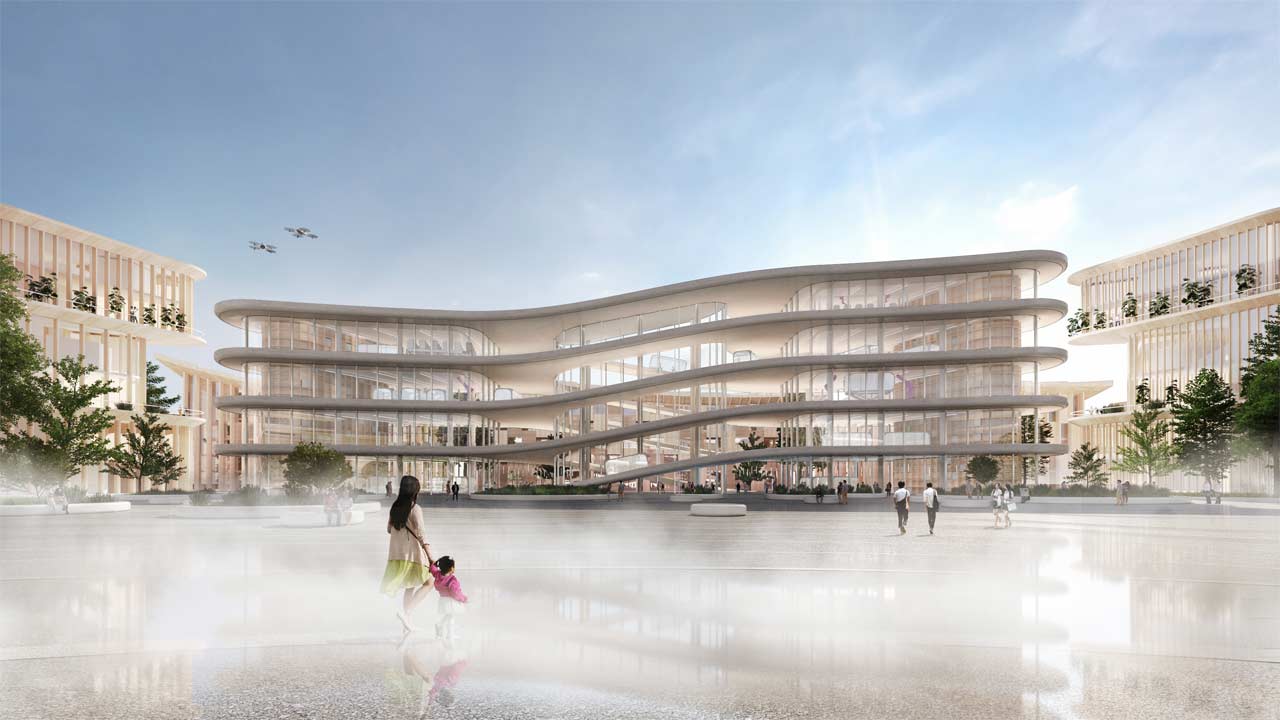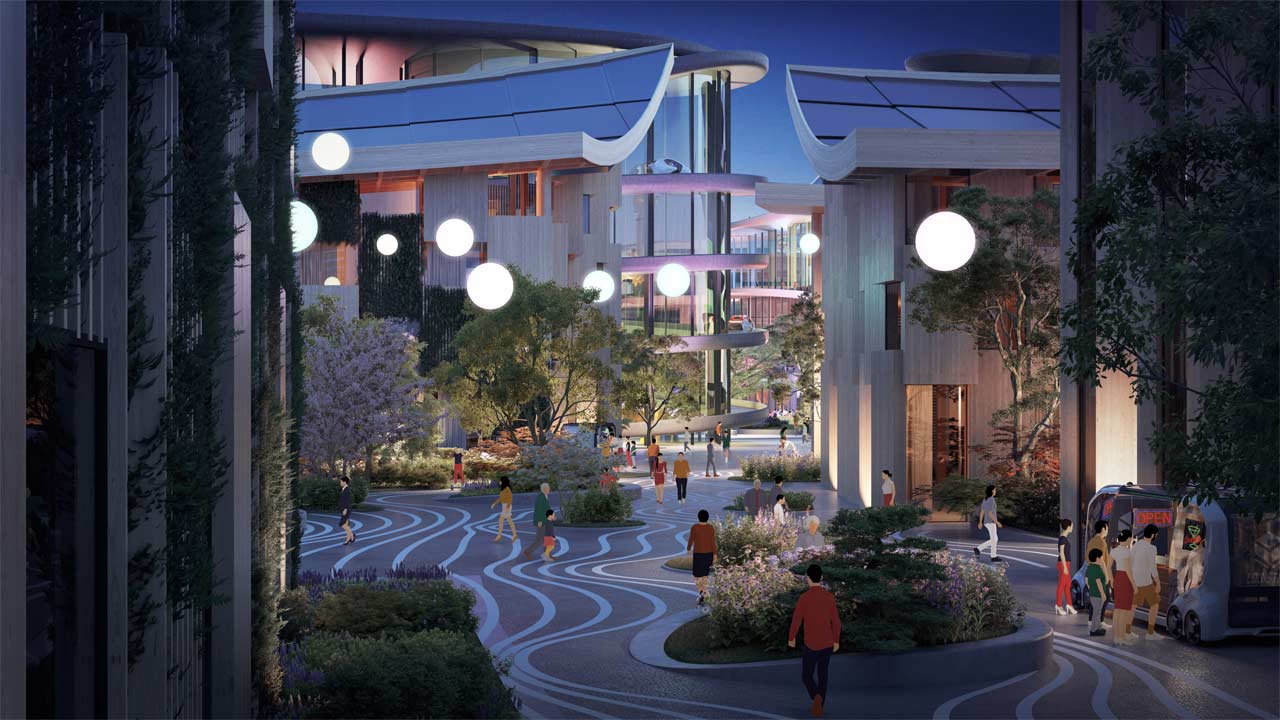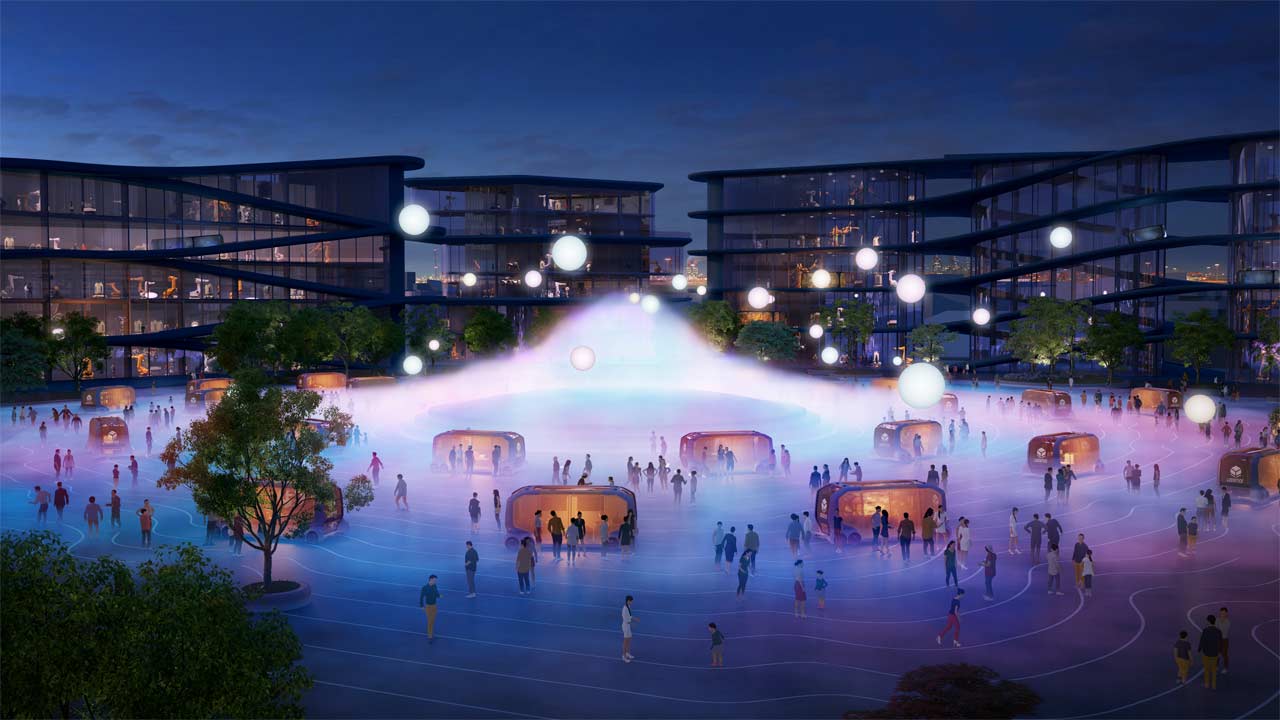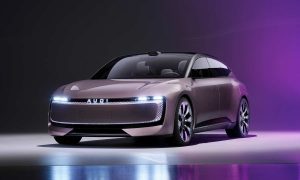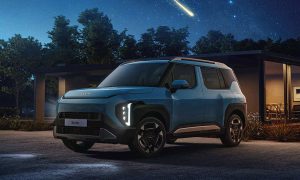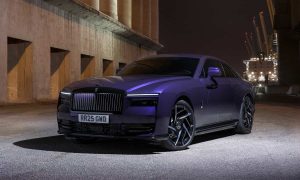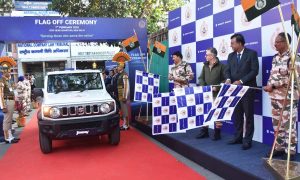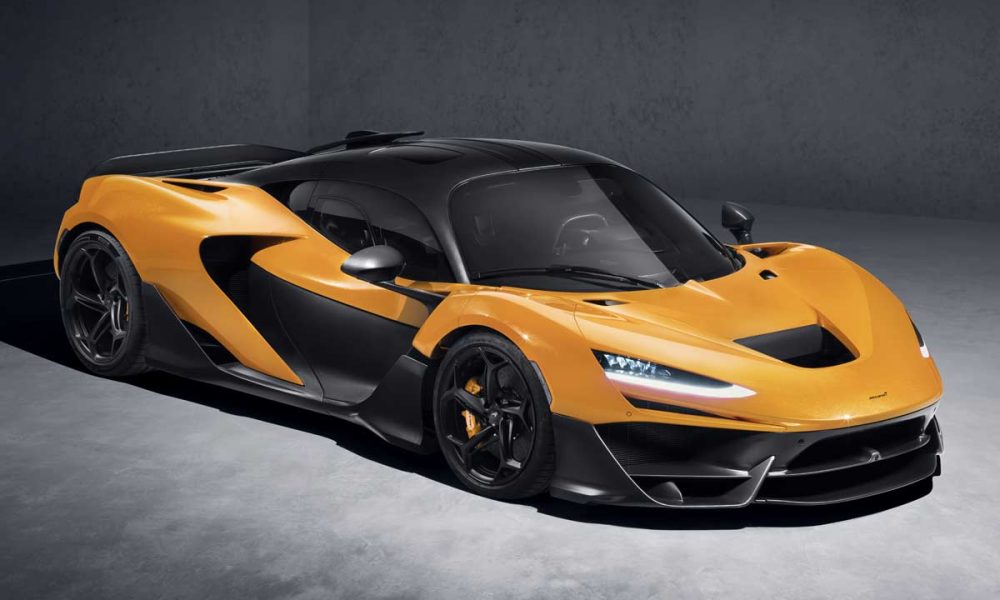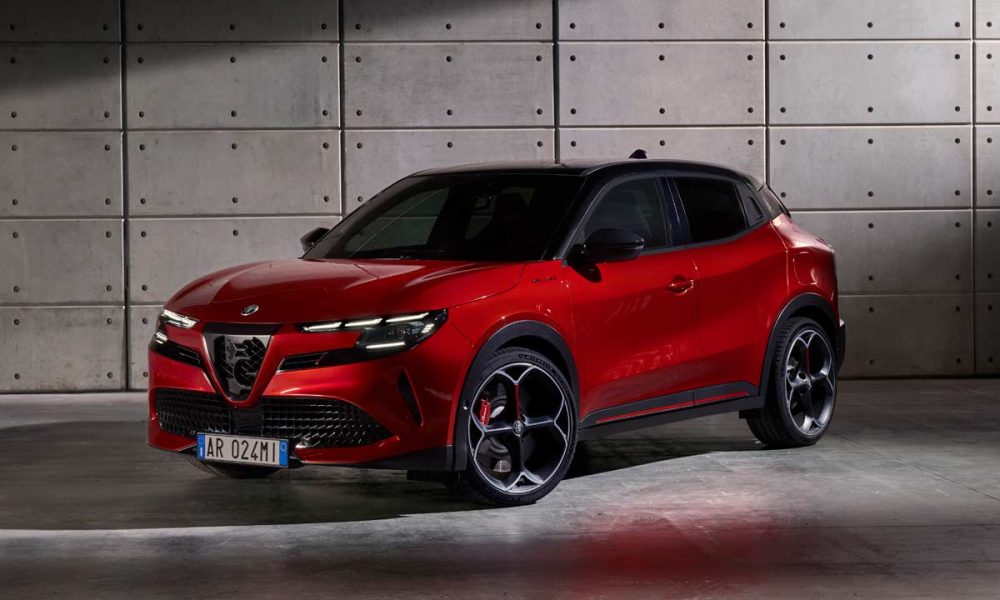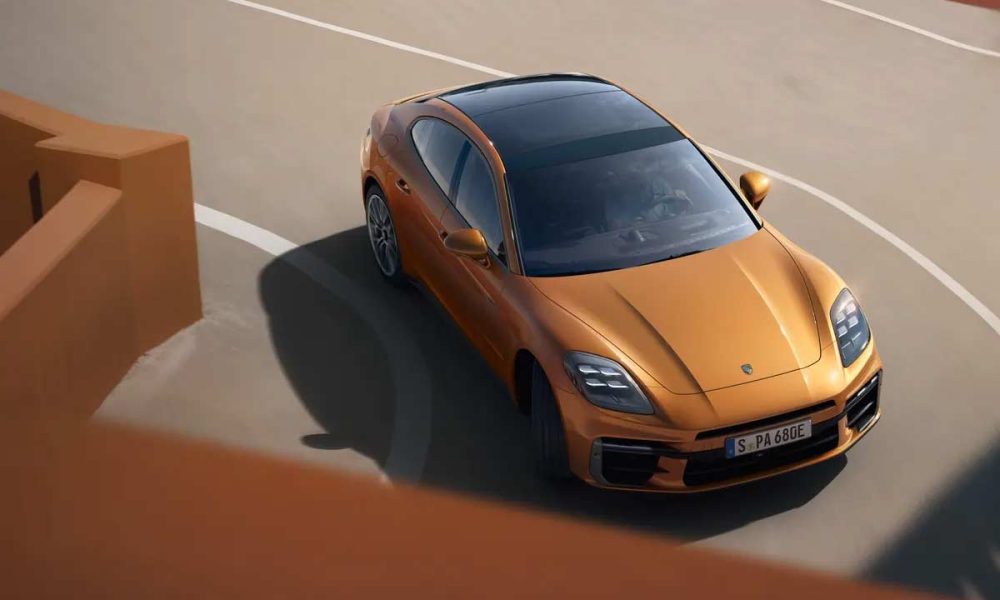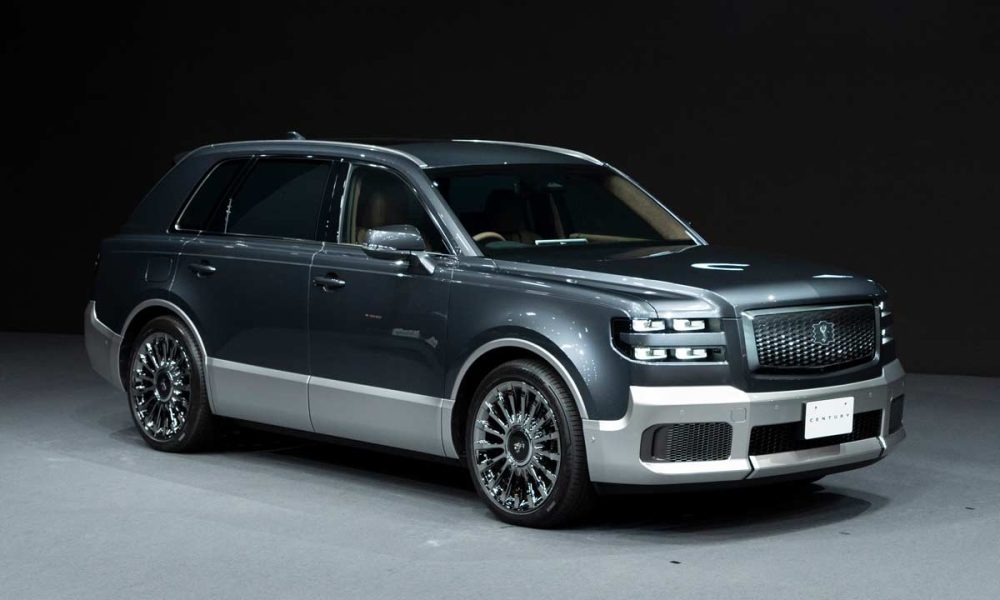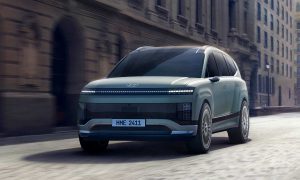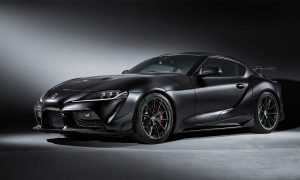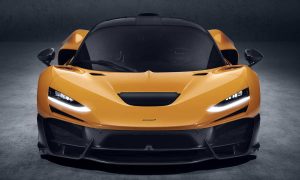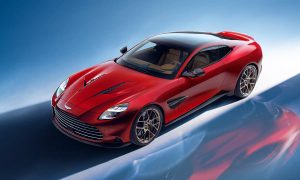At the CES 2020, Toyota revealed its plans to build a prototype city of the future on a 175-acre site at the base of Mt. Fuji in Japan. Called the Woven City, it will be a fully connected ecosystem powered by hydrogen fuel cells.
Envisioned as a “living laboratory,” the Woven City will serve as a home to full-time residents and researchers who will work on technologies such as autonomy, robotics, personal mobility, smart homes and Artificial Intelligence in a real-world environment. Toyota has commissioned Danish architect, Bjarke Ingels to design the Woven City.
The masterplan of the city includes three types of streets: for faster vehicles only, for a mix of low speed, personal mobility and pedestrians, and a park-like promenade for pedestrians only. According to Toyota, these three street types weave together to form an organic grid pattern to help accelerate the testing of autonomy.
The city is planned to be fully sustainable, with buildings made mostly of wood to minimize the carbon footprint, using traditional Japanese wood joinery, combined with robotic production methods. The rooftops will be covered in photo-voltaic panels to generate solar power in addition to the power generated by hydrogen fuel cells.
Residences will be equipped with the latest robotics to assist with daily living. The homes will use sensor-based AI to check occupants’ health, take care of basic needs and enhance daily life.
Transportation will be taken care of by fully-autonomous electric vehicles. The autonomous Toyota e-Palettes will deliver goods and can be mobile retail outlets too.
The groundbreaking for the site is planned for early 2021. Those interested in partnering with Toyota on the development of Woven City can sign up here.
Also read: Toyota’s futuristic concepts include e-Racer, Micro Palette and e-broom

Leave a Reply
Note: Comments that are unrelated to the post above get automatically filtered into the trash bin.
